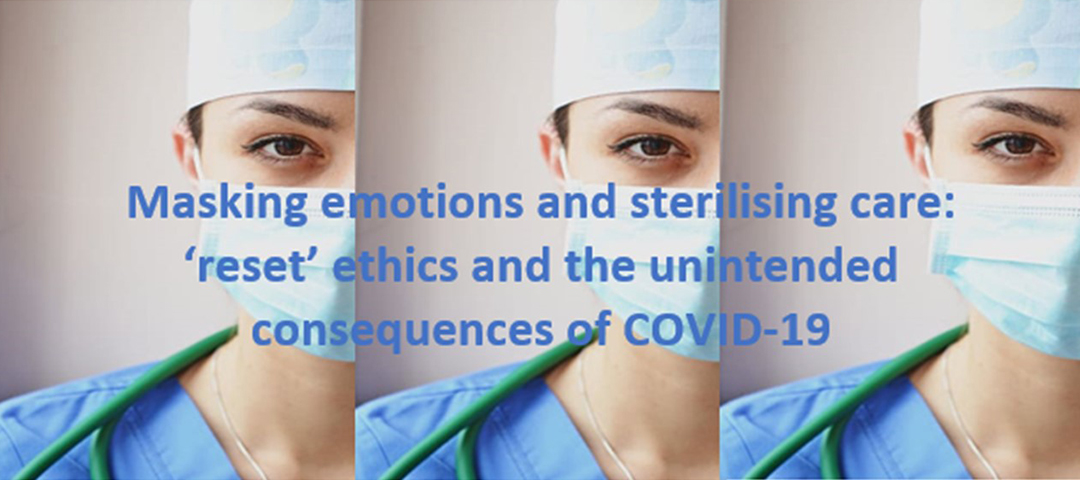The coronavirus (COVID-19) pandemic has caused far-reaching consequences for health systems worldwide. In responding to the pandemic, decision-makers have to balance competing interests and difficult trade-offs have to be made. We are told that Government guidance continues to ‘follow the science’, but such guidance must also be values-based. Transparency in the values that underpin those decisions is crucial to support healthcare decision-makers and frontline practitioners during a pandemic, as well as to build public understanding and support for the balances struck.
Pandemics—and public health emergencies more generally—reinforce approaches to ethics that emphasise, or derive from, the interests of communities. Accordingly, in the acute phase of the coronavirus pandemic, attention was focused on saving as many lives as possible. The main focus of discussion was on infection prevention and control measures, and the approach that should underpin resource allocation between patients with COVID-19 in the event that demand for life-saving equipment were to outstrip supply. Guidance on ethical responses to the acute phase of a pandemic is readily available. In the UK, for example, the Pandemic Flu Ethical Framework was available to guide decision-making.



